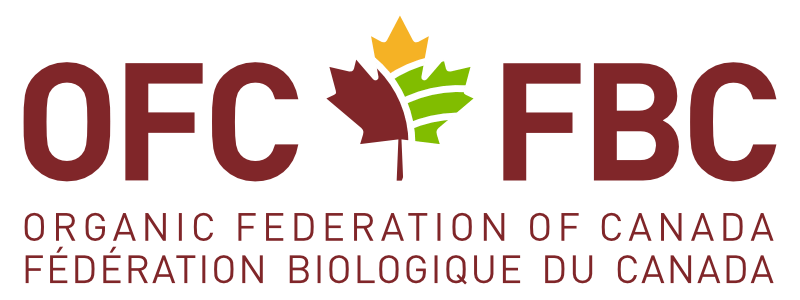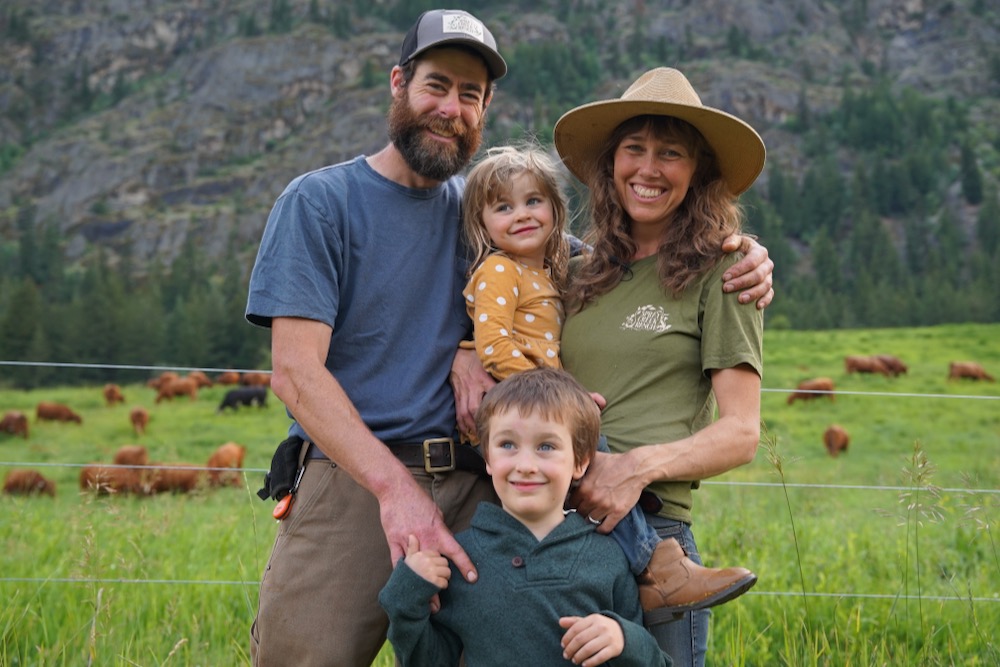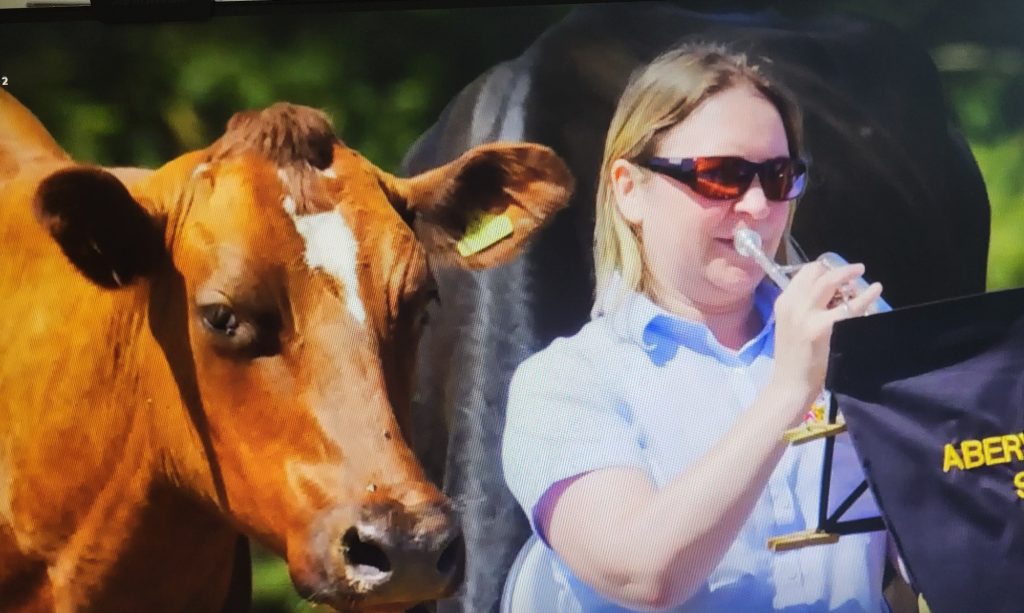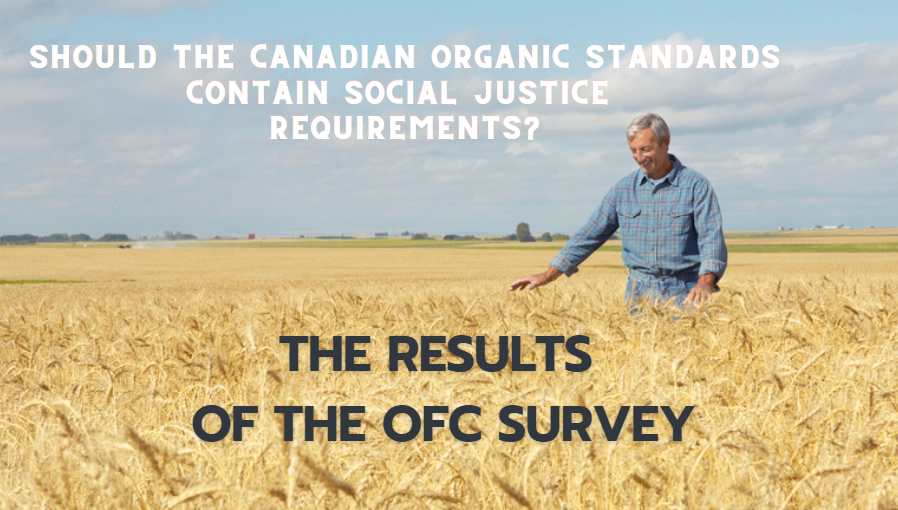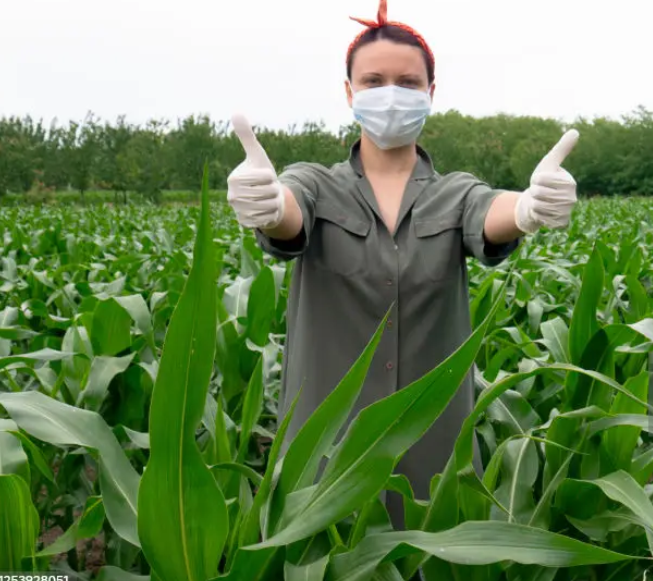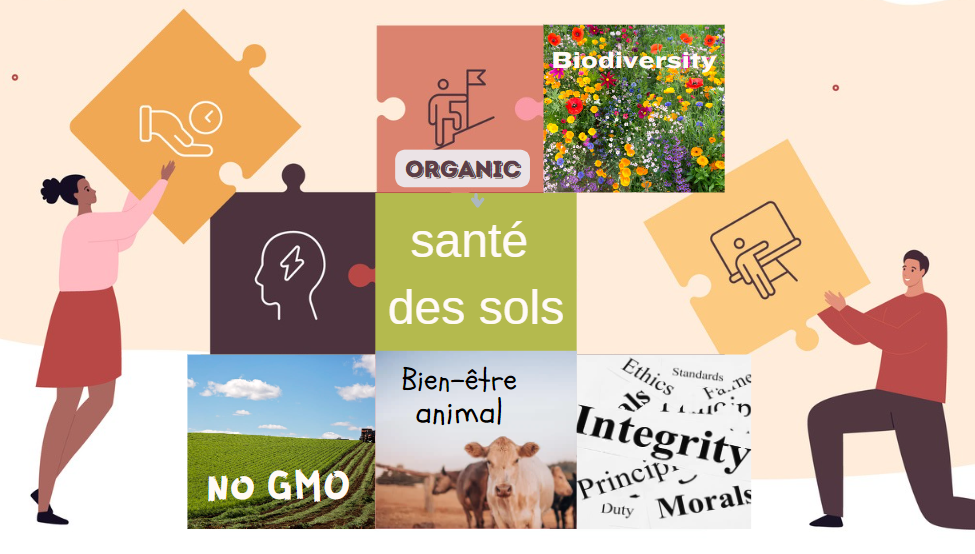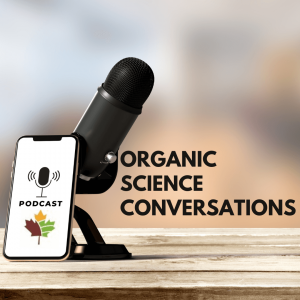Season's Greetings
Another year is coming to a close, and despite the uncertain times we are living in, organic producers are still paving the way to a more sustainable future.
We have been happy to share some of the work conducted by the sector in 2021, and look forward to new growth and opportunities in 2022!
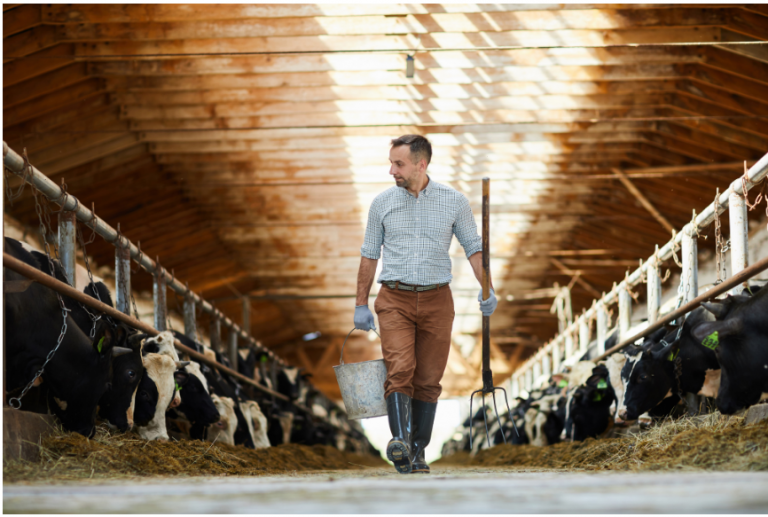
The 2021 Organic Sector Survey Report
In the Spring of 2021, OFC, the Canadian Organic Trade Association (COTA), Canadian Organic Growers (COG) and the Organic Agriculture Centre of Canada (OACC), supported by provincial organizations, released a survey to assess the needs of the organic sector.
We asked producers and consumers their opinions on the state of the organic sector, market access, research, certification, organic standards, and much more! The survey responses and comments have been compiled and are now easy to find and review on the OFC website!
The survey had 819 respondents from a variety of positions within the organic sector.
Most respondents think positively about the future of the organic:
| How confident are you about growing consumer demand and the future health and growth of the organic sector? |
| Answer Choices | Responses | |
| Very confident / Très confiant | 52,28% | 172 |
| Somewhat confident / Quelque peu confiant | 41,64% | 137 |
| Not so confident / Pas très confiant | 5,78% | 19 |
| Not at all confident / Pas du tout confiant | 0,30% | 1 |
That being said, respondents expressed concern on different aspects of production and certification, lack of funding support, and the need for consumer education as to the ecological benefits of organic production.

Excerpts from the survey:
(Question: What are the most pressing issues facing the organic sector that the industry needs to address?)
- Slow disappearance of fertile farmland. No farmland, no farmers, less food, less organic food.
- Cost of organic certification is a huge barrier to many new & young farmers.
- Awareness/Education: There are so many competing claims that it can be difficult to communicate the holistic set of benefits provided by organic.
- Improvement of organic import requirements and import oversight by the CFIA – better regulation/ oversight of importers/ brokers
This survey will help to guide the work of both national organizations and provincial associations in supporting the growth of the organic sector in Canada.
We hope you enjoy reading the results!


Canada's organic sector hungry for research
190 stakeholders, operators and researchers participated in the research prioritization exercise launched in mid-November and orchestrated by Dr. Andrew Hammermeister, Scientific Director of the Organic Science Cluster.
All types of production were scrutinized: recognizing that scientific research supports productivity growth, participants identified challenges in both field crop and berry production, as well as in vegetable production and greenhouse production. Research in organic livestock production was also considered: sustainable pasture management and animal welfare remain leading topics under organic management.
In addition to the 15 meetings held by videoconference, the CRAAQ consulted its own prioritization committee to submit the priorities of the Quebec organic industry. Bilingualism is a must.
This prioritization exercise was done in preparation for a call for proposals in January, inviting researchers from across the country to submit research projects that will align with the priorities expressed by the organic sector, and to build the Organic Science Cluster 4, which will run from 2023 to 2028.
The Organic Federation of Canada and the Organic Agriculture Centre of Canada, the co-administrators of the Organic Science Clusters, are very pleased with the priorities identified by AAFC for the launch of the fourth edition of the Agri-Science Clusters program, as AAFC plans to devote 30-40% of the overall Agri-Science Cluster budget to climate and environment. 40-50% of the budget will be dedicated to economic growth, and 20% to resilience (climate adaptation, soil and plant health, animal welfare, alternative inputs, etc.).

